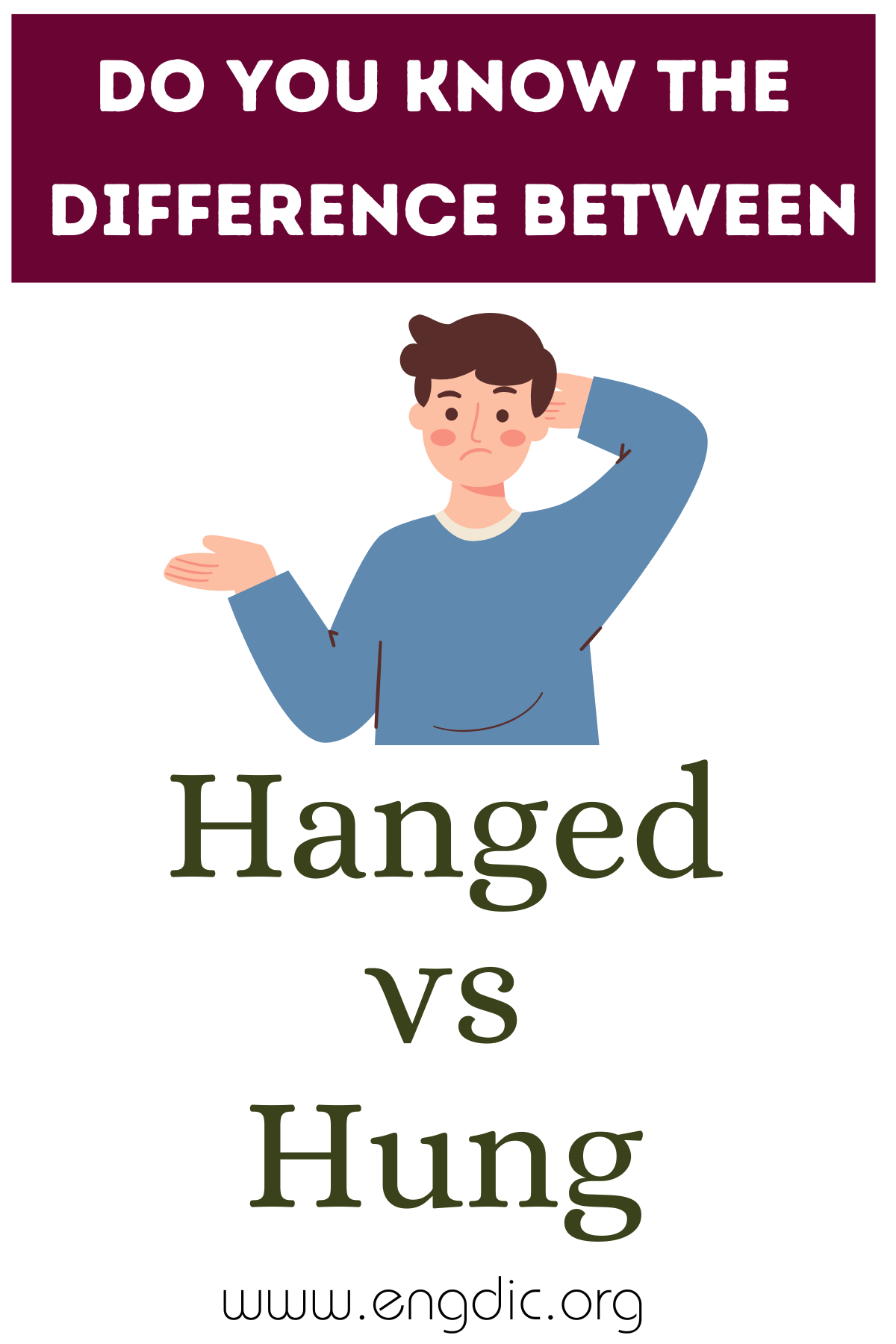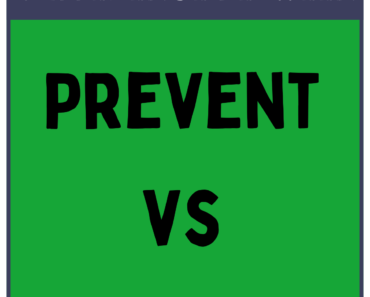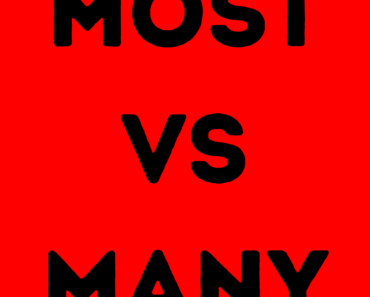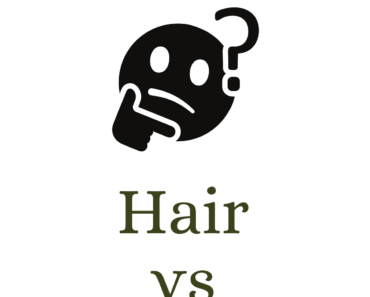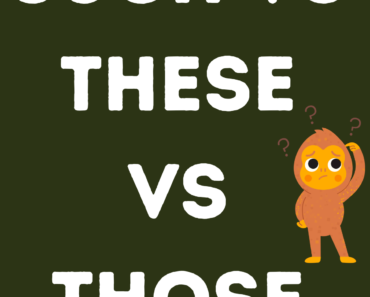The distinction between “hanged” and “hung” lies in their specific usage contexts.
- “Hanged” is exclusively used when referring to executions by hanging, focusing on past tense or past participle forms.
- “Hung,” on the other hand, is the general past tense and past participle form of “hang,” covering all other uses, such as hanging objects or artworks.
This differentiation is crucial to maintain accuracy in writing and communication, ensuring the appropriate term is chosen based on the subject matter.
Hanged
- Definition: The term “hanged” refers specifically to the act of execution by hanging, generally reserved for legal or punitive contexts.
- Usage: “Hanged” is used exclusively in past tense or past participle forms when describing the execution of a person by hanging. For instance, “The convicted murderer was hanged in the early morning hours.” The term underscores the somber and legal implications associated with the act.
- Examples:
- “He was hanged for his crimes.”
- “The judge ordered that the traitor be hanged.”
Hung
- Definition: “Hung” is the past tense and past participle of “hang” in all contexts except for executions. It implies being suspended from above without specifying any punitive connotation.
- Usage: “Hung” is widely used in everyday contexts to describe objects or things being suspended. Examples include pictures on walls or clothes on a line. For instance, “The portrait was hung on the wall for everyone to admire.” It also applies to states or conditions of being suspended.
- Examples:
- “She hung the curtains beautifully.”
- “The paintings were hung in the gallery.”
